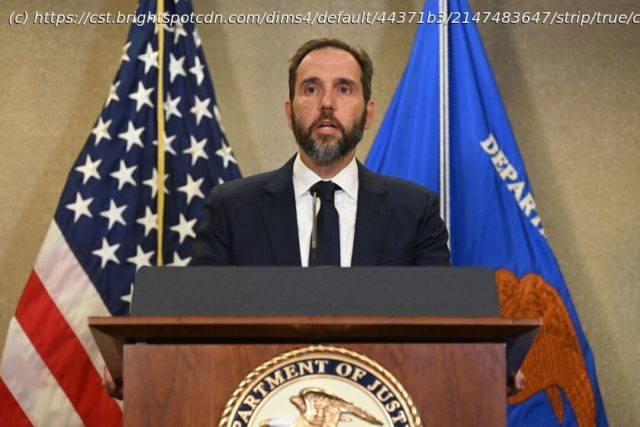The special counsel asked the high court to rule quickly on Trump’s weak claim of immunity from criminal prosecution. Jack Smith’s strategy has implications for democracy, a University of Chicago legal scholar explains.
If you want to know why Special Counsel Jack Smith went directly to the Supreme Court this week, look at the calendar. Smith is asking the high court to state what ordinarily would be beyond doubt: That a president who tries to steal an election by lies, intimidation, violence and the abuse of official power can be prosecuted.
But Smith’s challenge has less to do with this legal question and everything to do with the clock. To understand why, we need to understand how weak former President Donald Trump’s immunity claim is and how it relates to his overall legal strategy.
Smith is seeking the high court’s review of Judge Tanya Chutkan’s decision on Dec. 1 that former presidents have no sweeping immunity from the criminal process. Trump’s claim of immunity is not unfamiliar. Back in 1977, then-former President Richard Nixon pithily expressed the same view to a British journalist when he said, “Well, when the president does it, that means that it is not illegal.”
Like Trump, Nixon had tried to use his official powers to retain his office through unlawful means. And Trump’s claim to immunity, like Nixon’s, stands on vanishingly thin ice.Opinion
There is no provision in the Constitution that explicitly, or implicitly, supports Nixon’s (or Trump’s) claim. This is not because the framers of the Constitution didn’t know how to create immunities from criminal process. To the contrary, they explicitly included language in Article I that gave federal legislators a narrowly carved immunity in the Speech and Debate Clause.
Judges should be leery of assuming the framers took care when fashioning narrow legislator immunity — but then somehow also secretly gave presidents an amorphous and open-ended license to violate the criminal law.
Домой
United States
USA — mix Jack Smith took his case against Donald Trump straight to the Supreme...






